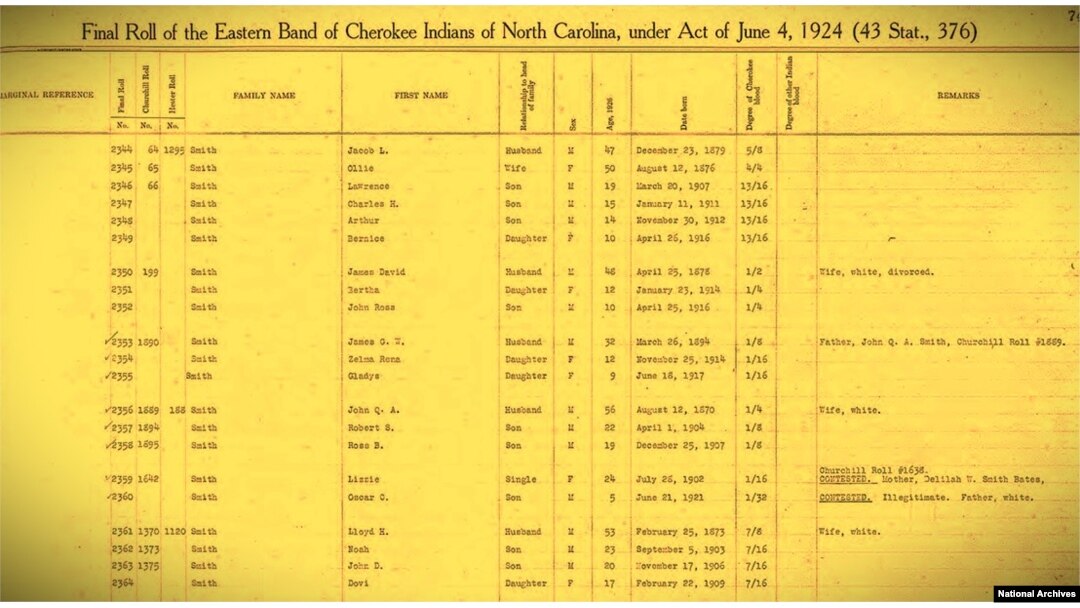Here is a summary of Native American-related news around the U.S. this week:
Tribal Leaders, Washington Officials to Meet in Late November Summit
The Biden administration announced its second Tribal Nations Summit November 30-December 1, designed to give tribal leaders and federal officials an opportunity to discuss issues and challenges Native American communities face today.
The White House announcement gave few additional details but promised further information later.
“The Summit will feature new Administration announcements and efforts to implement key policy initiatives supporting Tribal communities,” the statement said.
The first Tribal Nations Summit in November 2021 addressed the challenges of combatting the COVID-19 pandemic, Native American education and language revitalization, climate change, and treaty and land rights.
Read about the White House Tribal Nations Summit.
Feds File Discrimination Lawsuit Against South Dakota Hotel Owners
The U.S. Justice Department has sued the owners of a Rapid City, South Dakota, hotel, alleging that they violated the civil rights of Native Americans by trying to bar them from the property.
The complaint states that in March, Connie Uhre and her son Nicholas Uhre turned away Native Americans who sought to book a room at the Grand Gateway Hotel.
As VOA reported in March, Connie Uhre had also told other Rapid City hotel owners and managers that she did not want Native American customers there or in the hotel’s bar, Cheers. A post on her Facebook account said she cannot “allow a Native American to enter our business including Cheers.”
Uhre’s comments and actions, which followed a fatal shooting involving two teenagers at the hotel, sparked large protests in Rapid City and condemnation from the city’s mayor, Steve Allender.
Read more here.
The controversial and complex issue of Native American/Indigenous identity came up in two stories this week:

Page from the Dawes Rolls, also known as the "Final Rolls", lists of individuals who were accepted as eligible for tribal membership."
Native American Icon’s Identity Challenged
Sacheen Littlefeather, who spoke at the 1973 Oscars to reject actor Marlon Brando’s Best Actor Award, always identified herself as being of White Mountain Apache and Yaqui heritage and for decades before her death earlier this month, was a fierce activist for Native American rights.
Her biological sisters, Rosalind Cruz and Trudy Orlandi, however, say she was not Native American at all, according to an article in the San Francisco Chronicle newspaper. It also said that their sister’s long-standing claims of a childhood of poverty, abuse and neglect were untrue.
FILE - Sacheen Littlefeather participates in a discussion about the PBS special, "Reel Injun," on Aug. 5, 2010. In 1973 Littlefeather appeared at the Oscars to protest the depiction of Native Americans and Academy Awards officials have apologized for how
“Sacheen did not like herself. She didn’t like being Mexican,” one sister stated.
The article has sparked heated debate in social media circles about the complexities of Indigenous identity, an issue VOA has previously explored.
Read more here.
California Scholar Takes Back Native Identity Claims
A scholar who for decades claimed Native American identity has resigned her position with a leading Indigenous food sovereignty organization after backing down on long-standing claims of indigeneity.
In a statement on her website, Elizabeth Hoover, a professor at the University of California, Berkley, and an expert in Native American environmental health and food sovereignty movements, said that after questions about her heritage were raised, she researched her genealogy and found no records of tribal citizenship “in the databases that were accessed.”
“Now, without any official documentation verifying the identity I was raised with, I do not think it is right for me to continue to claim to be a scholar of Mohawk/Mi’kmaq descent, even though my mother is insistent that she inherited this history for a reason,” she wrote.
The Native American Food Sovereignty Alliance is a nonprofit that promotes food security and food sovereignty in local, tribal, regional, national and international arenas.” The group Wednesday issued a statement accepting Hoover’s resignation as secretary of its leadership council.
Read more here.
Framon Weaver, a former chief of the MOWA Band of Choctaw Indians, speaks in an interview in Mount Vernon, Ala., Thursday, Oct. 20, 2022.
State Recognized Tribes Hoping Outgoing Senators Can Win Them Federal Recognition
Two state-recognized Indian tribes are counting on a pair of retiring U.S. senators to help give them the federal recognition denied by the Interior Department’s Bureau of Indian Affairs.
The Lumbee Tribe of North Carolina has been a state-recognized Indian tribe since 1885, but the BIA has repeatedly denied them acknowledgement. In 1956, Congress passed legislation acknowledging them as “Indians” but denied them the services and benefits given to federally recognized tribes.
In 1997, the Bureau of Indian Affairs denied federal acknowledgment to the MOWA Band of Choctaw Indians, saying they had failed to prove descent from a historical tribe. Alabama recognized them in 1979.
If tribes cannot gain recognition through the BIA, they have the option of turning to Congress to legislate on their behalf. Outgoing GOP Sen. Richard Shelby of Alabama is sponsoring legislation that, if passed, would recognize the MOWA Band; GOP Sen. Richard Burr of North Carolina is sponsoring similar legislation for the Lumbee Tribe.
Read more here.


